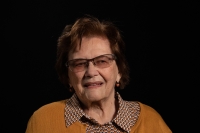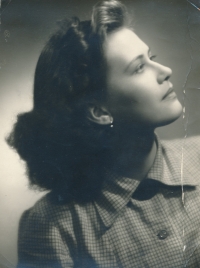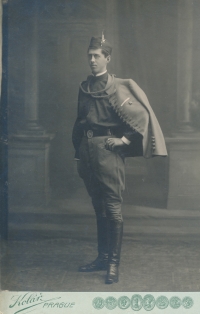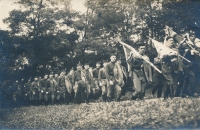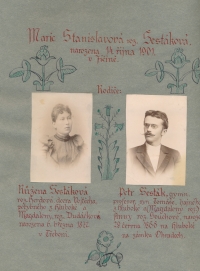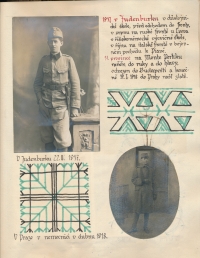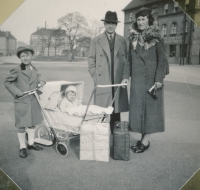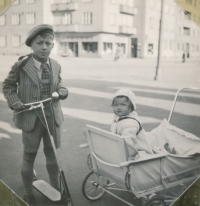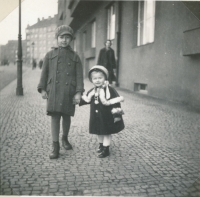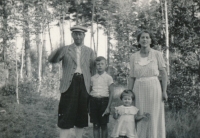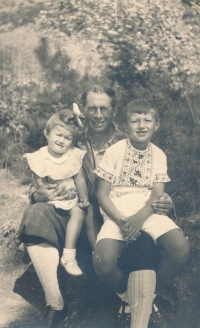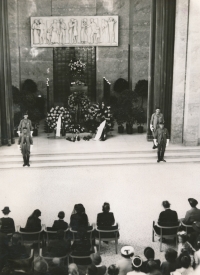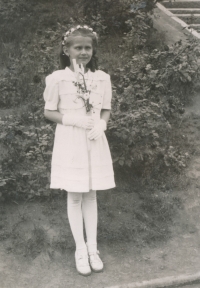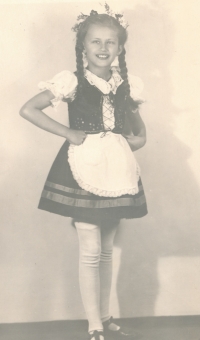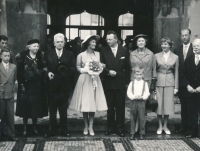They first seized my father-in-law’s shop, and then an entire house in Karlín one year later. We lived in constant fear of eviction
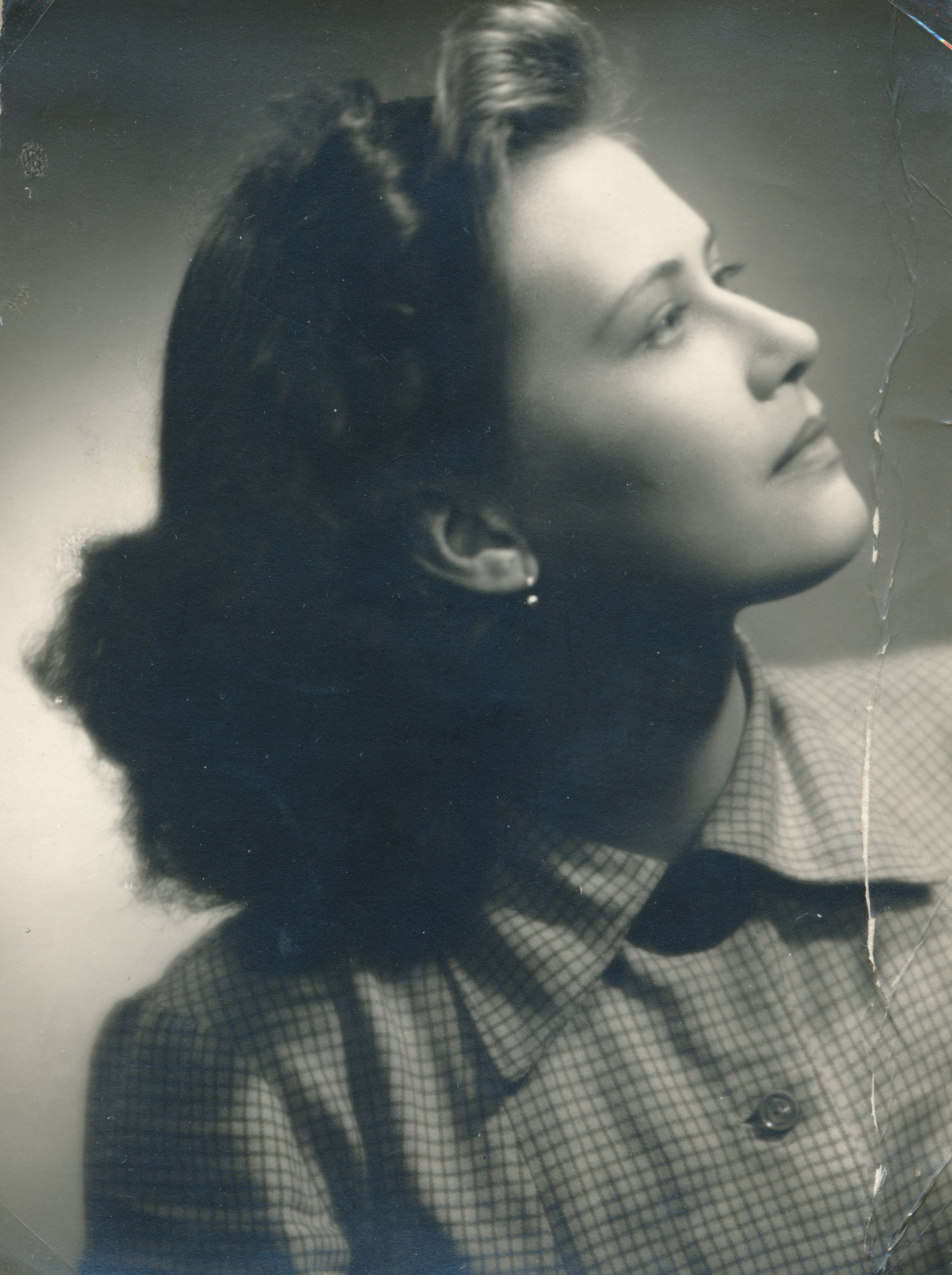
Download image
Hana Landová was born in Prague on 17 April 1934. Her father Prokop Stanislav was injured during World War I. Even though he recovered and lived in good health for the next 20 years, he eventually died of the consequences of his injury in 1939. Mother Marie Stanislavová then raised Hana and her brother with the help of her widowed mother. Hana Landová graduated from a higher social-educational school in Prague and once she completed her pedagogical education, she started working at a preschool facility. She married Vavřinec Landa who was 12 years her senior and came from a family of former First Republic entrepreneurs that lost all its property to the communist regime. The family lived in a corner house near Karlínské Square that the government had seized in permanent fear of eviction. Husband Vavřinec Landa was involved in the fighting for the radio building in May 1945 and went to study a university after the war, but was kicked out over his bourgeois origins after February 1948. He had to work as a forge worker in Ostrava. After he seriously injured his ankle, he worked from home as a worker for the Směr cooperative. Hana Landová raised two children. Later on, she worked as a tutor, an employee of a heritage preservation institution, and in the Výstavnictví state enterprise managed by the Ministry of Culture. Following the Velvet Revolution of 1989, Vavřinec Landa regained the apartment building in Karlín in restitution, and Hana Landová and her children take care of the house to this day. She was living in the house in Karlín in 2022.
